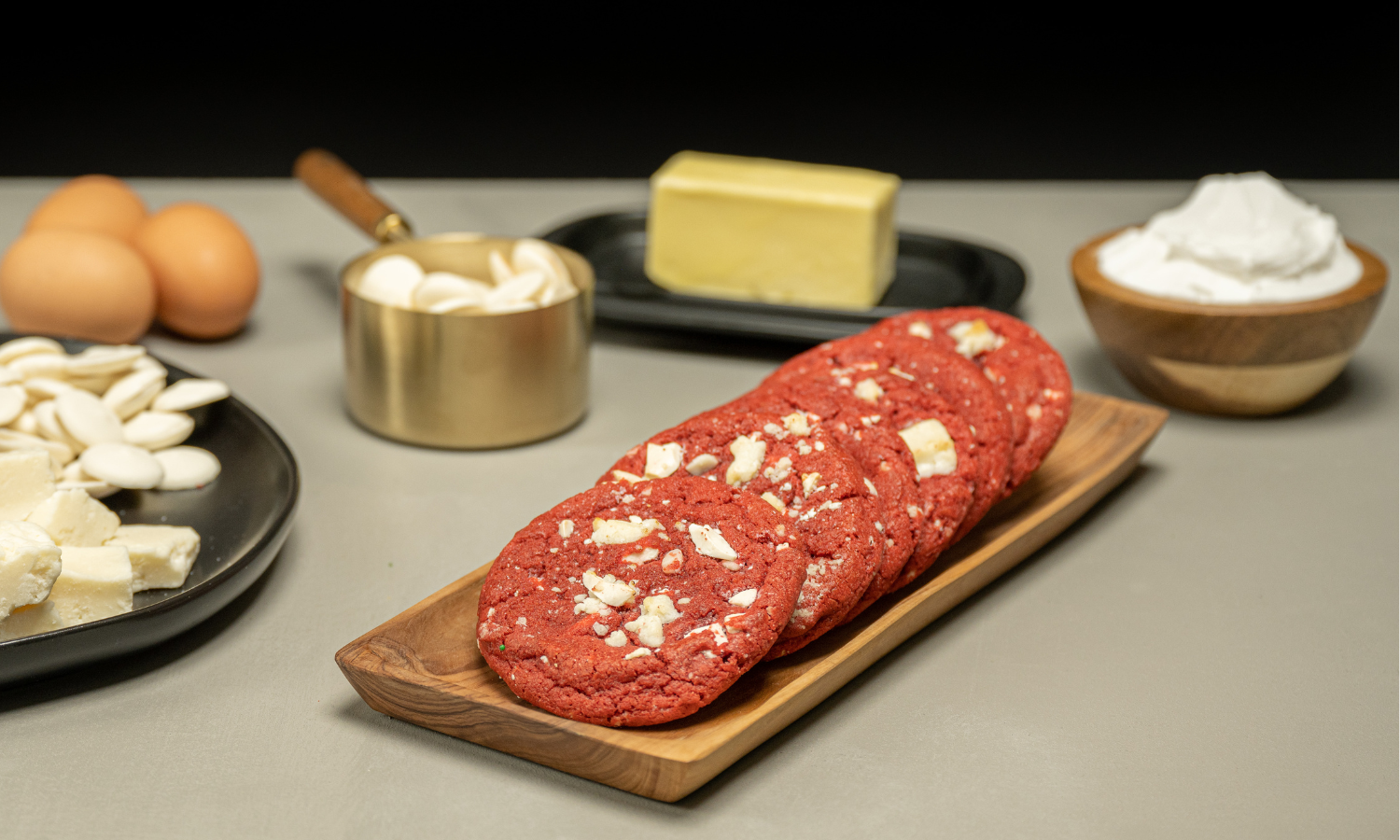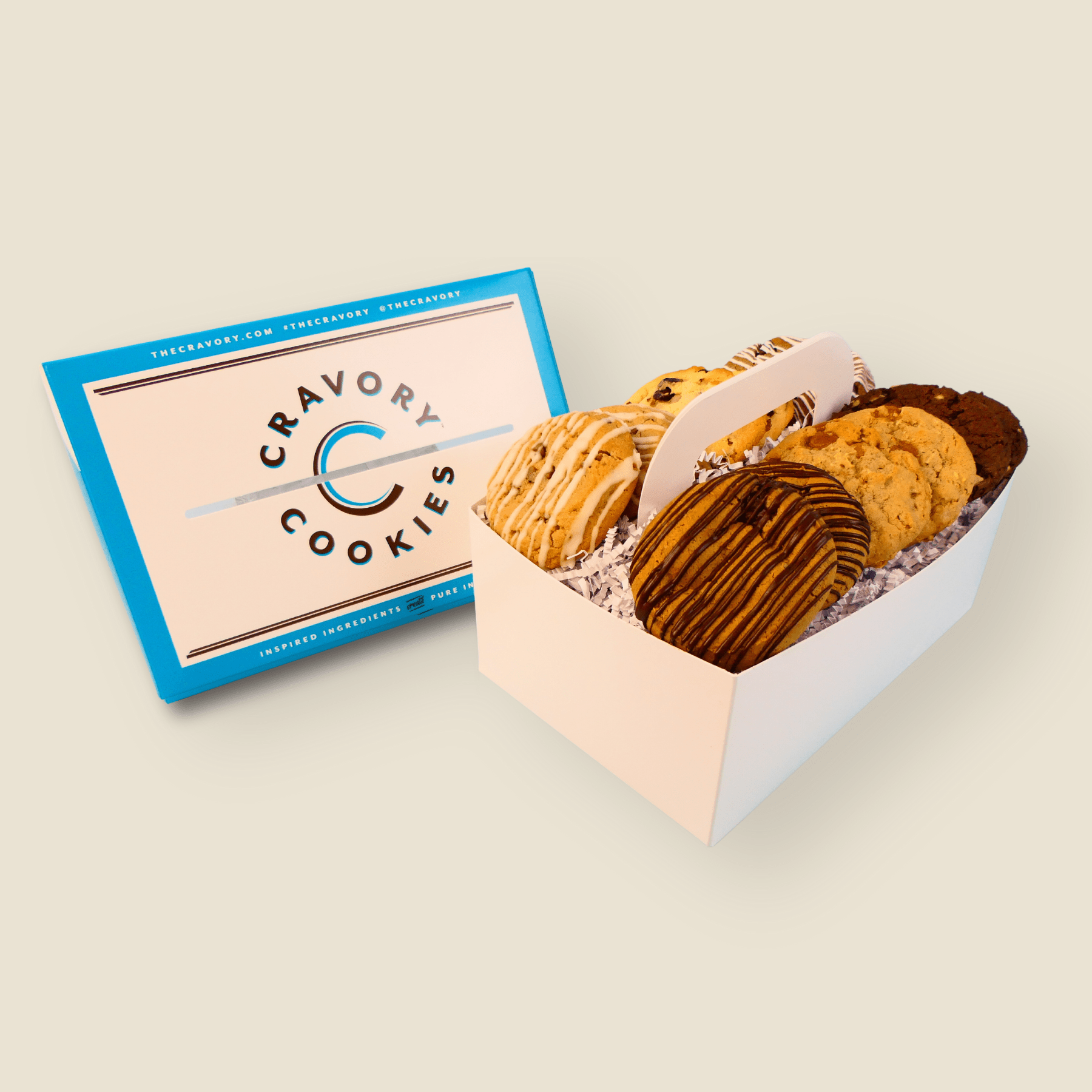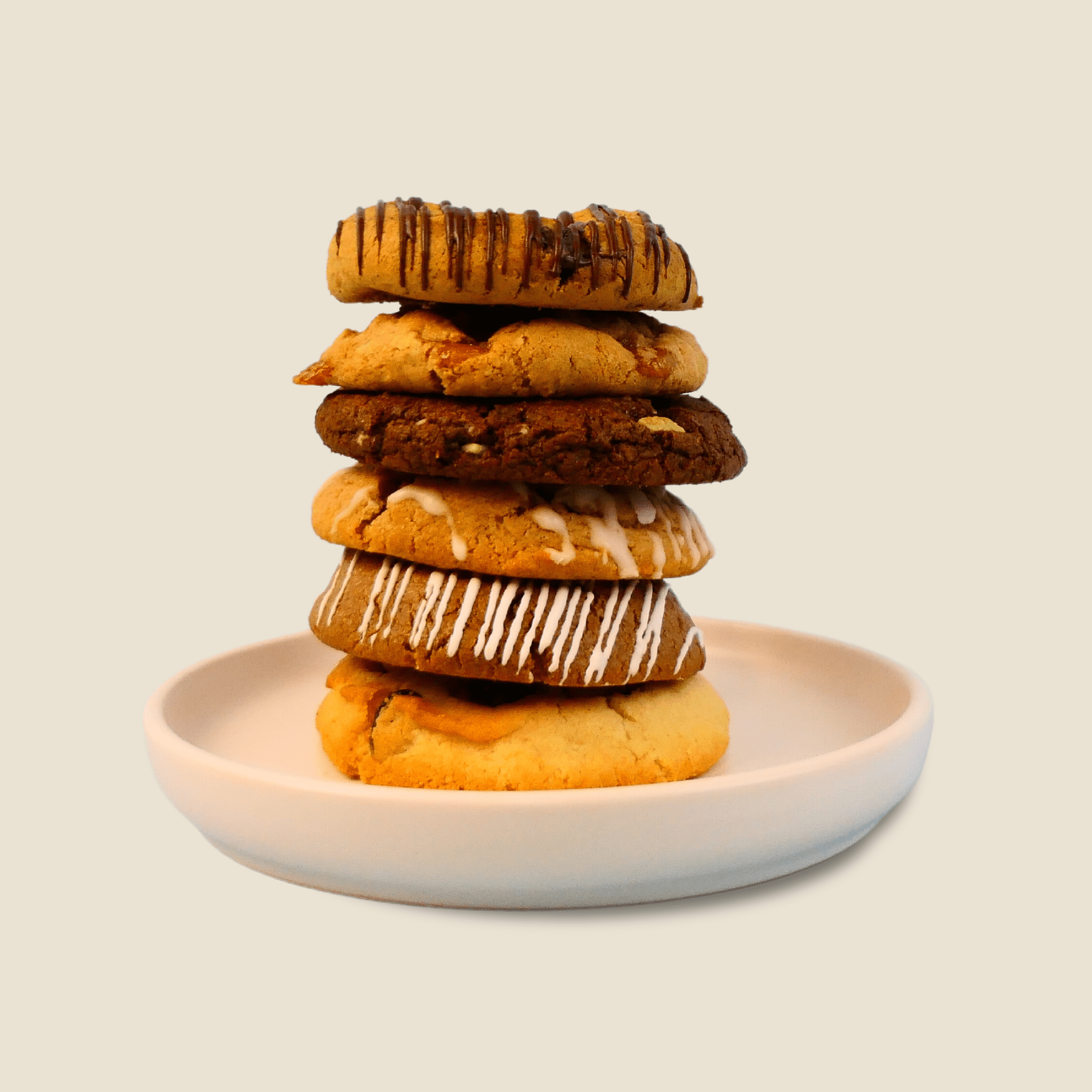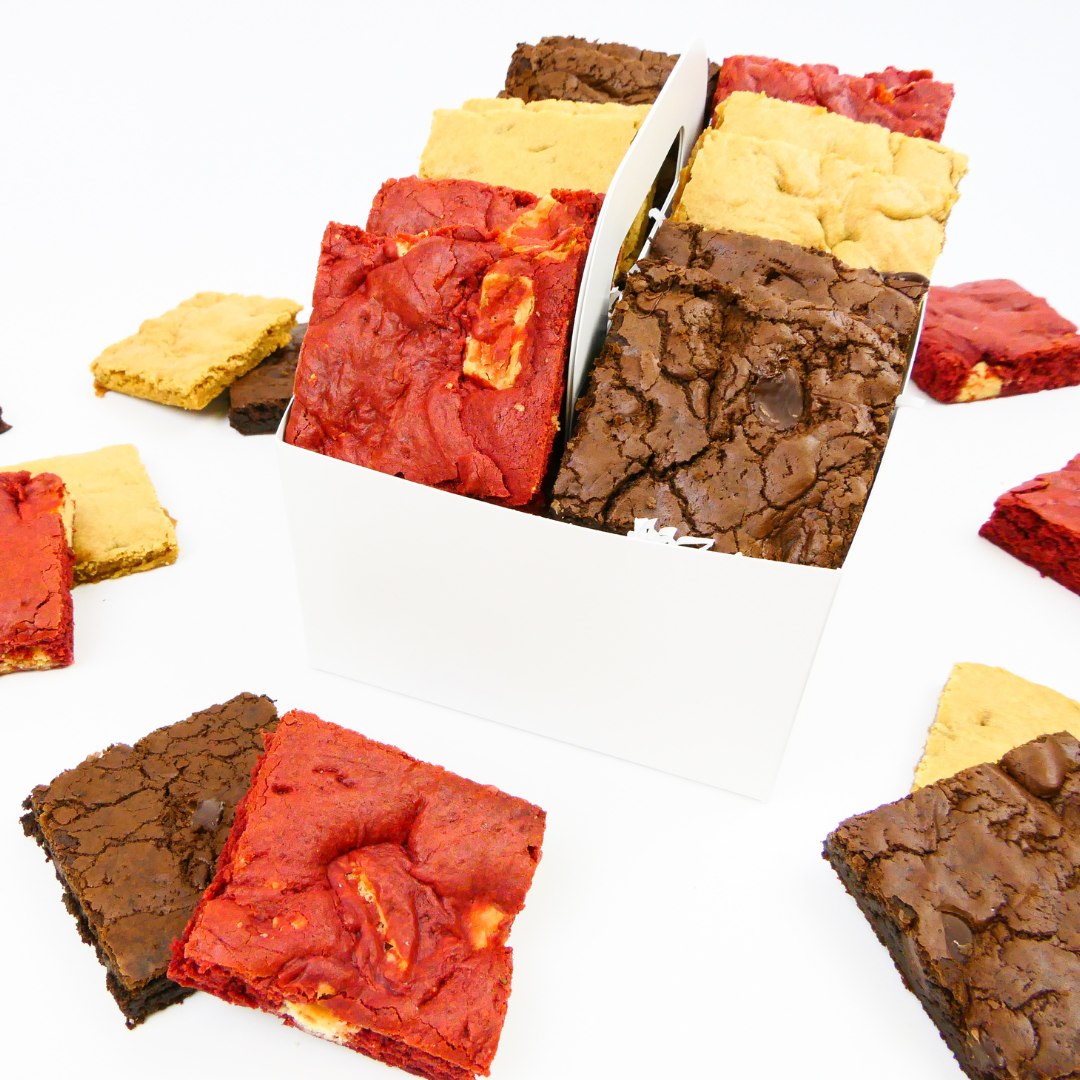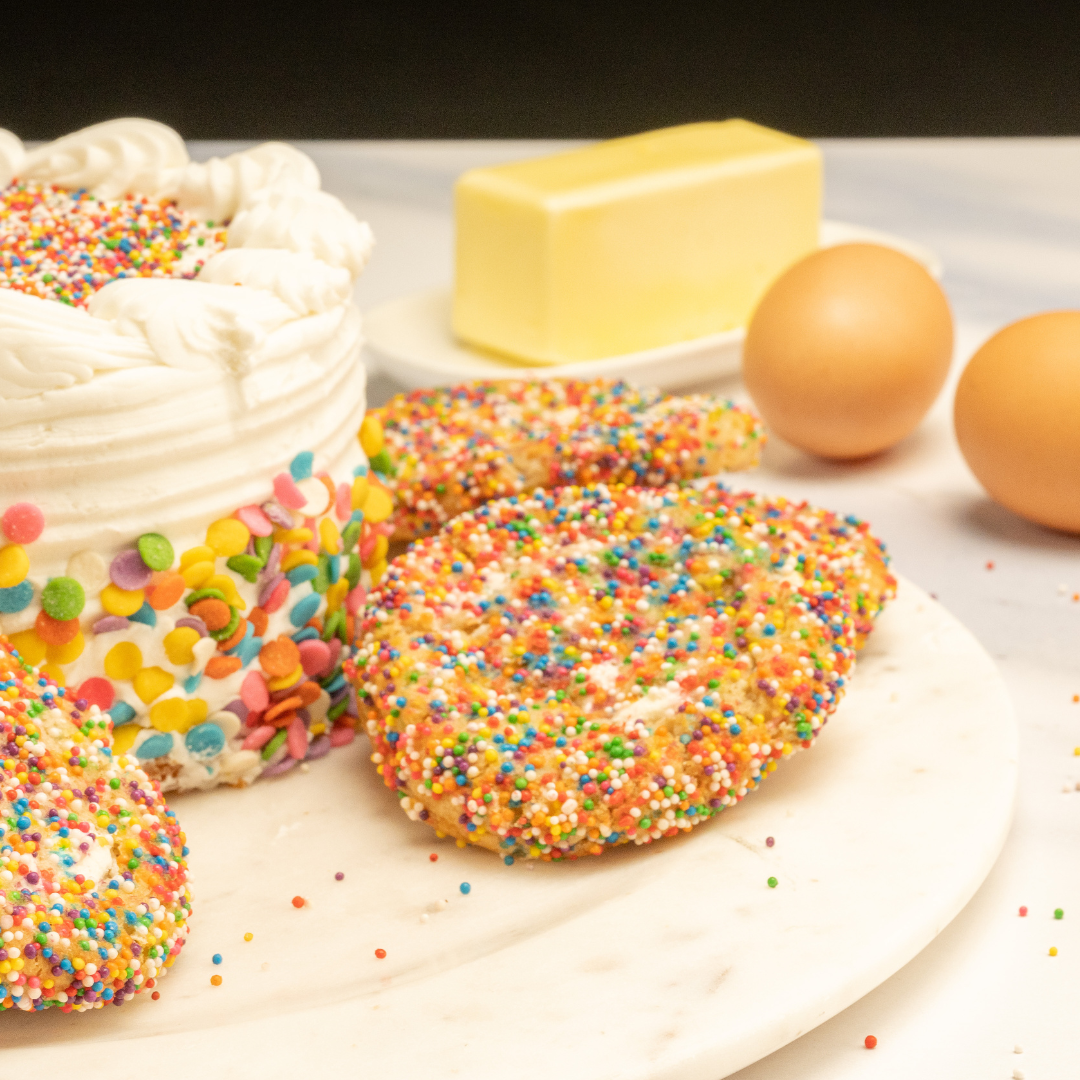Today, we will discuss the great baking powder vs. baking soda in the cookies debate.
Though many baking enthusiasts see their hobby as art, science still plays a major role in the process. And the right ingredients have to be used properly for something delicious to come out of your kitchen oven.
Although these two ingredients may have a similar appearance, they work in different ways, and each will have its own impact on the outcome of your cookies.
We're certainly not scientists, but we do have years of baking experience behind us and a passion for helping others bake scrumptious cookies. So we're going to do our best to go in-depth into these two powerhouse ingredients and explain how they will determine the kind of cookie you'll end up with.
So let's start by looking at the difference between the two ingredients. Baking soda is a pure leavening agent, meaning it comprises only one ingredient, sodium bicarbonate. In contrast, baking powder combines baking soda and another acidifying ingredient, such as cream of tartar, and sometimes includes cornstarch.
But first, what is a leavening agent, you might be asking? Well, leavening agents are responsible for the rise in your cookies. They add air bubbles to the mix and cause them to expand as the cookie bakes.
Cookies and Baking Powder
As previously highlighted, baking powder is a combination of both baking soda and an acidifying ingredient. When you shop for baking powder, you'll often find it labeled double-acting; this means it will react to moisture and heat.
To use baking powder correctly, combine it with a dry ingredient like flour and then add moisture. This will cause the double-acting baking powder to create two separate reactions in your cookie mix. One when you first combine the ingredients and one during baking.
To get scientific, the acid-base reaction between the baking soda and cream of tartar in the baking powder will create carbon dioxide gas bubbles, which is what causes cake batters, cookies, and other baked goods to rise.
Another thing that the chemical reaction causes is the saltiness of the cookies. Using too much baking powder in your cookie mix could result in an overly salty flavor. You'll find that some bakers don't add salt to cookie recipes containing baking powder for this very reason.
The typical outcome when using baking powder for baking cookies (as long as you've followed the recipe) is a puffy, light cookie with a pleasant crunch.
Cookies and Baking Soda
Now, let's talk about baking soda; this is a must-have kitchen cupboard essential. It's not only a useful cooking ingredient but is also a great natural and eco-friendly cleaning product.
Baking soda is sodium bicarbonate, and it's a strong alkaline base. Unlike baking powder, which already has an acidic component in the mix, you'll need an acidic ingredient like brown sugar or honey to activate baking soda.
When we make cookies, we need certain things like eggs, flour (which has gluten), and butter (which has milk solids) to all come together and form a solid structure while baking. To do this, the proteins in these ingredients need to connect and create a kind of "net."
Here's the thing about these proteins - they have both positive and negative charges, which can either attract or repel each other. So, in their natural state, they kind of just hang out and don't form any sort of structure.
But, when we mix everything together and bake it, we provide the proteins with the energy they need to connect and form that net. Mixing provides some force, and the heat from the oven provides more energy to help them unfold and bond together.
Once they form that complex net, it holds its shape, and our cookies firm up.
This is where baking soda comes in; by adding it to the dough, its positive and negative charges neutralize and strip the proteins of their positive and negative charges.
For proteins to bond together and make the cookies set, they require a bit more energy - specifically, additional time in the oven.
The result, in this case, is a denser, chewier cookie. You'll also get slightly browner edges and tops to your cookies due to the chemical reaction between sodium bicarbonate and the acidifying agent.
Can You Use Both Baking Soda and Powder?
Yes, for sure - you can totally use both baking soda and baking powder in a cookie recipe. But as we've discussed, they aren't the same thing and serve different roles when it comes to baking.
When a recipe calls for baking soda and baking powder, it's usually because some ingredients are acidic and others aren't. Using both of these leavening agents ensures your cookies rise properly and have the texture you're looking for.
So, if you're trying out a new cookie recipe requiring both baking ingredients, don't be scared to give it a shot.
Just keep in mind that you can't swap one for the other and expect the same results. Trust the recipe and process, and those cookies should taste delicious.
Tips for Using Baking Powder and Baking Soda in Cookie Recipes
Here are some pointers to remember when incorporating baking soda and powder in your recipes for delicious cookies. For the best results, carefully and precisely measure out your ingredients. Too much or too little can affect the texture and taste of your cookies.
And do check to ensure your baking soda and powder are as fresh as possible, as they become less potent over time.
To maintain their quality, keep the baking soda in an airtight container while storing the baking powder away from moisture and inside its original packaging.
Final Thoughts
So which is better?
We don't think it's an either-or situation; It depends on the type of cookie you want to bake and the recipe's ingredients.
Baking powder is likely your best bet if you are in the mood for a light, fluffy cookie.
However, when the craving hits for something chewier and denser, like chocolate chip cookies, reach for that box of baking soda to create your perfect batch.






